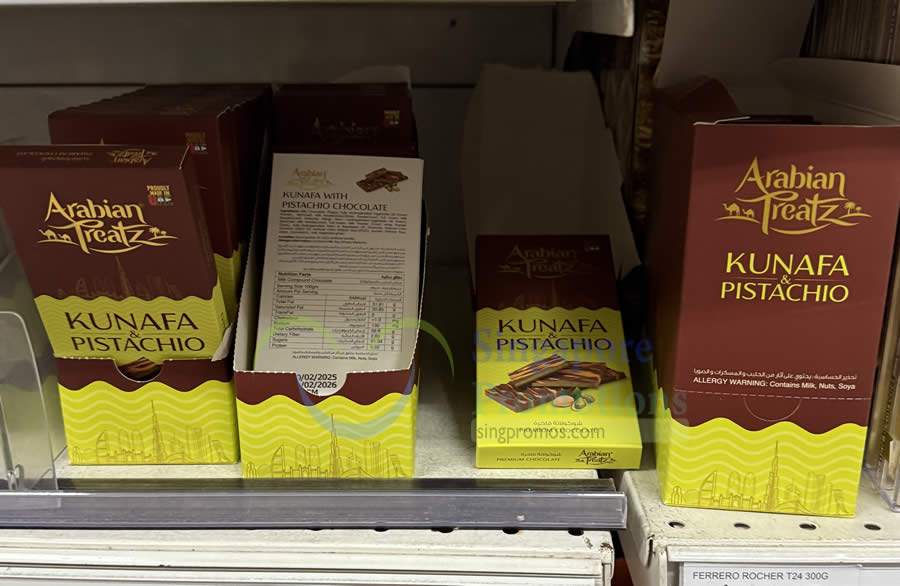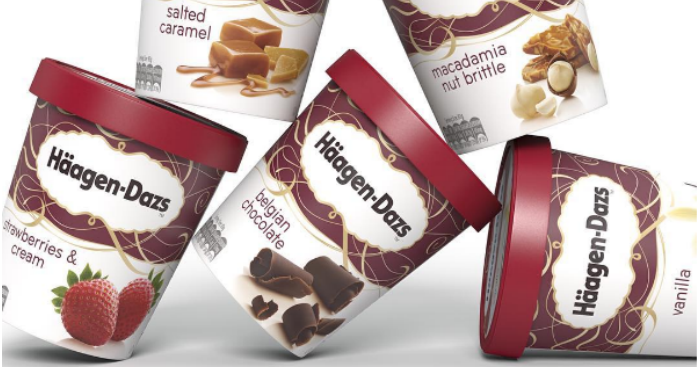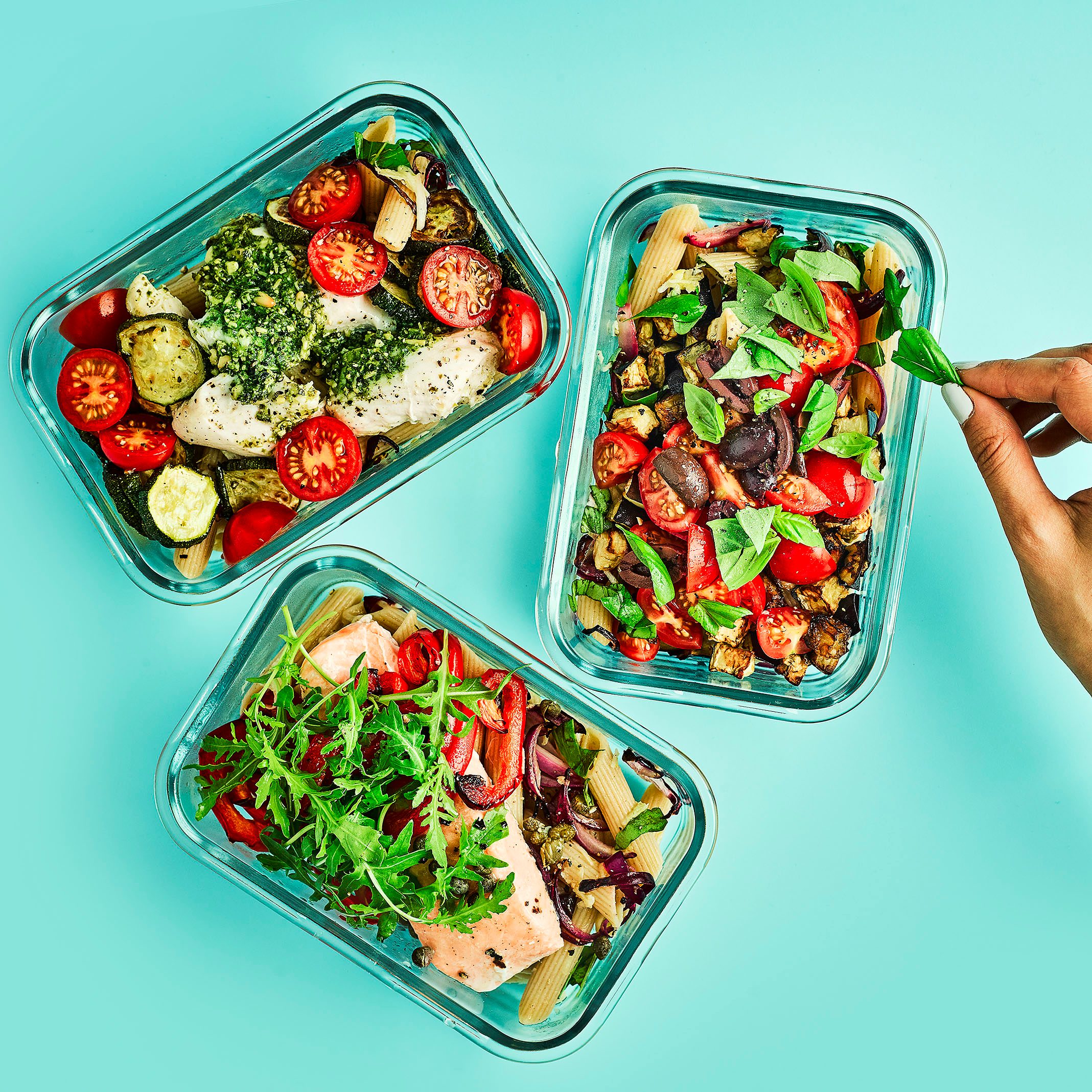
Gout, a common and painful form of arthritis, arises from an excess of uric acid in the body, leading to the formation of crystals in the joints. While medication plays a crucial role in managing this condition, dietary modifications, particularly limiting purine-rich foods, can significantly help control uric acid levels and reduce the frequency of gout attacks, especially within Singapore’s unique culinary landscape.
Understanding Purines and Uric Acid: The Link to Gout
Purines are natural substances found in many foods. When the body breaks down purines, it produces uric acid. Normally, uric acid dissolves in the blood and is excreted by the kidneys. However, if the body produces too much uric acid or the kidneys don’t excrete enough, uric acid levels can build up, leading to the formation of crystals in joints, triggering a gout flare-up.
Singaporean Food Choices: Navigating Purines for Gout Management
For individuals managing gout in Singapore, understanding the purine content of common local dishes and ingredients is essential. Here’s a guide to help make informed dietary choices:
High-Purine Foods to Limit or Avoid (Common in Singapore):
- Organ Meats: Liver (e.g., in kway chap), kidneys, heart, and other organ meats found in various local dishes.
- Red Meats: Beef, mutton, and pork, often found in dishes like bak kut teh, satay, and various meat curries. Limit consumption and choose leaner cuts when possible.
- Certain Seafood:
- High Purine: Anchovies (ikan bilis), sardines, mackerel (ikan tenggiri, saba fish), herring, mussels, scallops, prawns/shrimp (especially in dishes like chili crab and cereal prawns), and fish roe. Be mindful of these in sauces, stocks, and as main ingredients.
- Moderate Purine: Some other fish like salmon, tuna, and crab should be consumed in moderation.
- Alcohol, Especially Beer: Beer is particularly high in purines due to its brewer’s yeast content and also hinders the body’s ability to excrete uric acid. Spirits and wine should also be limited.
- Sugary Drinks and High-Fructose Foods: Sweetened beverages, fruit juices (limit natural fruit juices as well due to concentrated fructose), and foods with high fructose corn syrup can increase uric acid production. Be mindful of bandung, sugary soft drinks, and overly sweet desserts.
- Yeast and Yeast Extracts: Found in some processed foods and certain condiments.
Moderate-Purine Foods to Consume in Moderation (Common in Singapore):
- Poultry: Chicken and duck (limit portions and frequency).
- Some Vegetables: Asparagus, cauliflower, spinach, mushrooms, peas, and beans (including soybeans and soy products like tofu and soybean milk). While these contain purines, research suggests they don’t significantly increase gout risk compared to animal sources. However, moderation is still advised by some guidelines.
- Oats and Oatmeal: Consume in moderation.
Low-Purine Foods to Enjoy (Common in Singapore):
- Most Fruits: All types of fruit are generally low in purines. Cherries, in particular, may have anti-inflammatory properties and may help lower uric acid levels.
- Most Vegetables: The majority of vegetables (e.g., kailan, cabbage, carrots, cucumbers, tomatoes) are low in purines.
- Grains: White rice, brown rice, pasta, noodles, and bread (consume whole grains for added health benefits). Local staples like plain rice, hor fun, and kway teow are generally acceptable.
- Low-Fat Dairy Products: Milk, yogurt, and cheese have been shown to potentially help lower uric acid levels and reduce gout attacks.
- Eggs: A good source of protein with low purine content.
- Nuts and Seeds: Healthy sources of fats and protein with low purine content.
- Coffee and Tea: Moderate consumption may be associated with a lower risk of gout.
- Water: Crucial for flushing out uric acid. Aim for at least 8-12 glasses a day.
Smart Eating Strategies for Managing Gout in Singapore:
- Follow “My Healthy Plate”: The Health Promotion Board’s guide encourages a balanced diet with ¼ plate whole grains, ¼ plate lean protein (prioritizing plant-based options and limiting high-purine animal sources), and ½ plate fruits and vegetables.
- Hydrate Diligently: Drink plenty of water throughout the day to help your kidneys eliminate uric acid.
- Limit High-Fructose Intake: Be mindful of sugary drinks and processed foods. Choose whole fruits over fruit juices.
- Moderate Alcohol Consumption: If you choose to drink alcohol, do so in moderation, and be particularly cautious with beer.
- Choose Low-Fat Dairy: Incorporate low-fat milk and yogurt into your diet.
- Maintain a Healthy Weight: Obesity is a risk factor for gout. Gradual weight loss (if overweight) can be beneficial, but avoid crash diets, which can temporarily increase uric acid levels.
- Cook at Home More Often: This allows you to control the ingredients and limit high-purine additions like meat extracts and excessive seafood.
- Be Mindful of Local Dishes: When eating out, make informed choices. Opt for dishes with more vegetables and lower amounts of high-purine ingredients. For example, choose chicken rice over bak kut teh more frequently.
- Consult a Dietitian: A registered dietitian in Singapore can provide personalized dietary advice tailored to your specific needs and preferences for managing gout.
Managing gout through diet in Singapore involves making conscious choices within the local culinary context. By understanding the purine content of common foods and adopting smart eating strategies, individuals with gout can effectively manage their uric acid levels and reduce the risk of painful flare-ups, leading to a better quality of life.
Disclaimer: This information is for general guidance only and should not replace professional medical advice. Always consult with your doctor or a registered dietitian for personalized recommendations regarding gout management.









